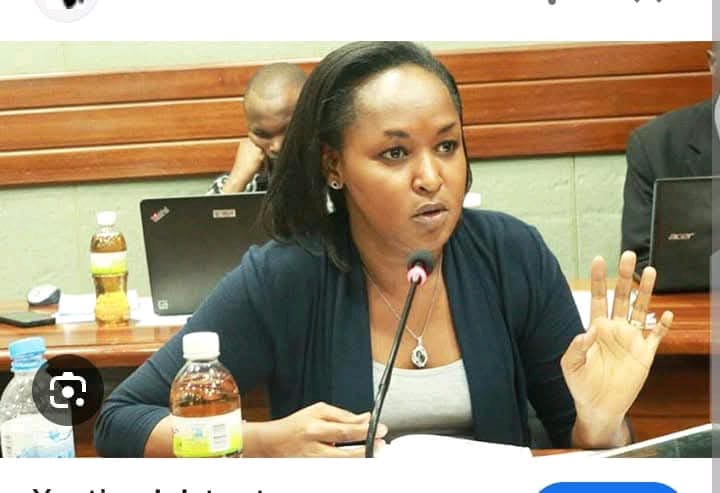Rwanda’s journey from the abyss of the 1994 genocide to a beacon of progress in Africa offers profound lessons for nations grappling with conflict and its aftermath. Madam Rosemary Mbabazi, the Rwandan High Commissioner to Ghana, eloquently conveyed this message during a special lecture at Cuttington University in Liberia. Her central theme revolved around the indispensable roles of unity, reconciliation, and accountable governance in fostering national development. Rwanda’s experience, she emphasized, serves as a compelling testament to the transformative power of these principles when genuinely embraced and implemented. The High Commissioner urged students to internalize these lessons, recognizing their relevance not only for Liberia but for other developing nations navigating the complex landscape of post-conflict recovery and sustainable growth.
Madam Mbabazi meticulously detailed the multifaceted approach Rwanda adopted to rebuild its shattered nation. She highlighted the significance of national unity and reconciliation, underscoring that these are not mere abstract ideals but rather pragmatic tools for achieving lasting peace and progress. Reconciliation, she argued, plays a crucial role in healing the deep wounds of the past and forging a new national identity based on shared values and aspirations. By confronting the painful legacy of the genocide and actively pursuing reconciliation, Rwanda has laid the foundation for a future free from the shackles of historical grievances. This commitment to healing and unity, she emphasized, is essential for any nation seeking to overcome the debilitating effects of conflict and embark on a path of sustainable development.
A cornerstone of Rwanda’s recovery strategy, as elucidated by Madam Mbabazi, was the establishment of the Gacaca courts. This innovative system, rooted in traditional community justice practices, provided a platform for truth-telling, accountability, and ultimately, reconciliation. The Gacaca courts, she explained, empowered ordinary citizens to participate in the judicial process, facilitating a sense of ownership and collective responsibility for addressing the atrocities of the genocide. This community-based approach not only promoted accountability but also fostered forgiveness and unity, paving the way for national healing. Madam Mbabazi presented the Gacaca courts as a potent example of how locally driven solutions can effectively address complex challenges, encouraging students to explore similar approaches in their own contexts.
The High Commissioner’s message resonated deeply with the audience at Cuttington University. Dr. Romelle A. Horton, the President of the university, expressed profound gratitude for Madam Mbabazi’s insightful presentation and urged the students to apply the lessons learned to their personal and academic pursuits. The lecture served as a powerful reminder of the enduring relevance of unity, reconciliation, and good governance in achieving sustainable development. It also underscored the importance of learning from the experiences of other nations, particularly those that have successfully navigated the treacherous path from conflict to recovery. Rwanda’s story, as shared by Madam Mbabazi, offers a beacon of hope and a practical roadmap for nations striving to build a brighter future.
Madam Mbabazi’s emphasis on consistent governance further underscores the importance of stable and accountable leadership in driving national development. Rwanda’s post-genocide transformation, she explained, is inextricably linked to the establishment of a government committed to unity, justice, and the well-being of its citizens. This commitment to good governance, she argued, has been instrumental in fostering an environment conducive to economic growth, social progress, and sustainable development. By prioritizing the needs of the people and fostering a culture of accountability, Rwanda has demonstrated that good governance is not merely a desirable ideal but rather a fundamental prerequisite for achieving lasting peace and prosperity.
In conclusion, Madam Mbabazi’s lecture provided a powerful and inspiring account of Rwanda’s remarkable journey from the depths of despair to a model of resilience and progress. Her message, centered on the transformative power of unity, reconciliation, and accountable governance, offered valuable lessons for students and indeed, for all nations striving to overcome the legacy of conflict and build a better future. The Rwandan experience, as eloquently conveyed by the High Commissioner, serves as a testament to the indomitable human spirit and the potential for renewal even in the face of unimaginable adversity. It underscores the critical importance of embracing these principles not as mere slogans but as the foundational pillars upon which sustainable peace and development can be built. The lecture served as a call to action, urging students to become agents of change in their own communities, inspired by the remarkable story of Rwanda’s resurgence.














